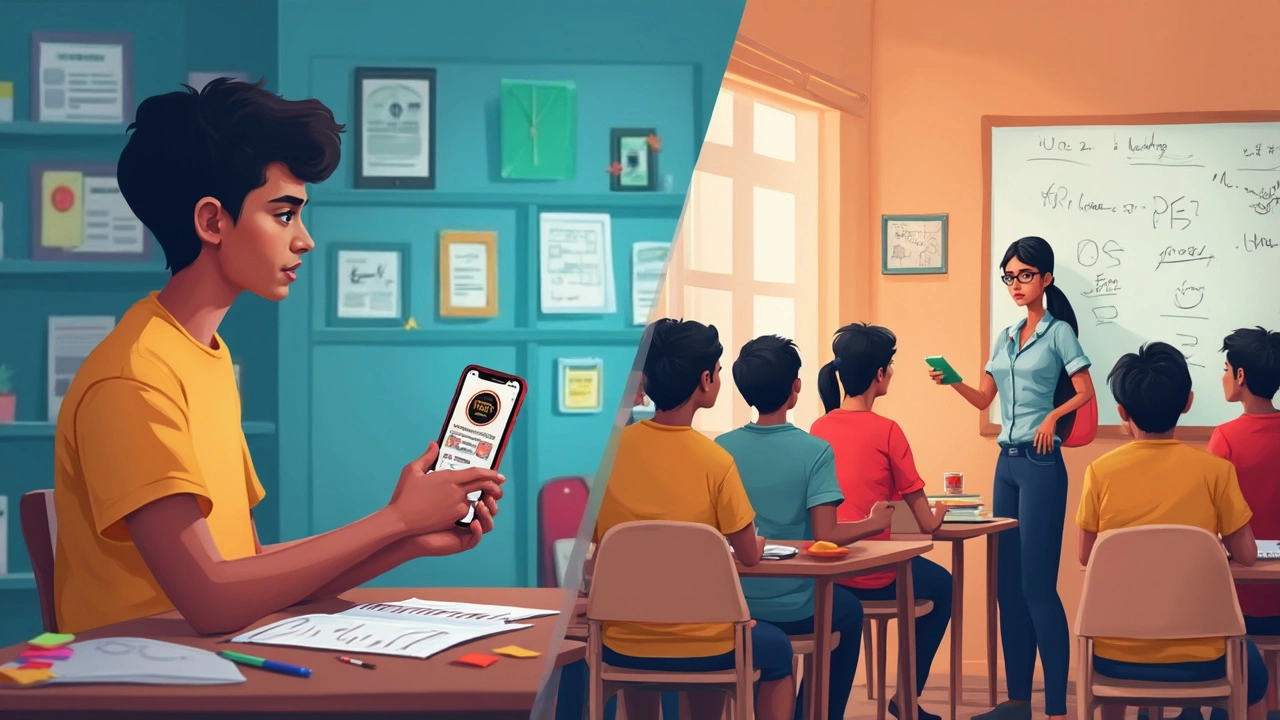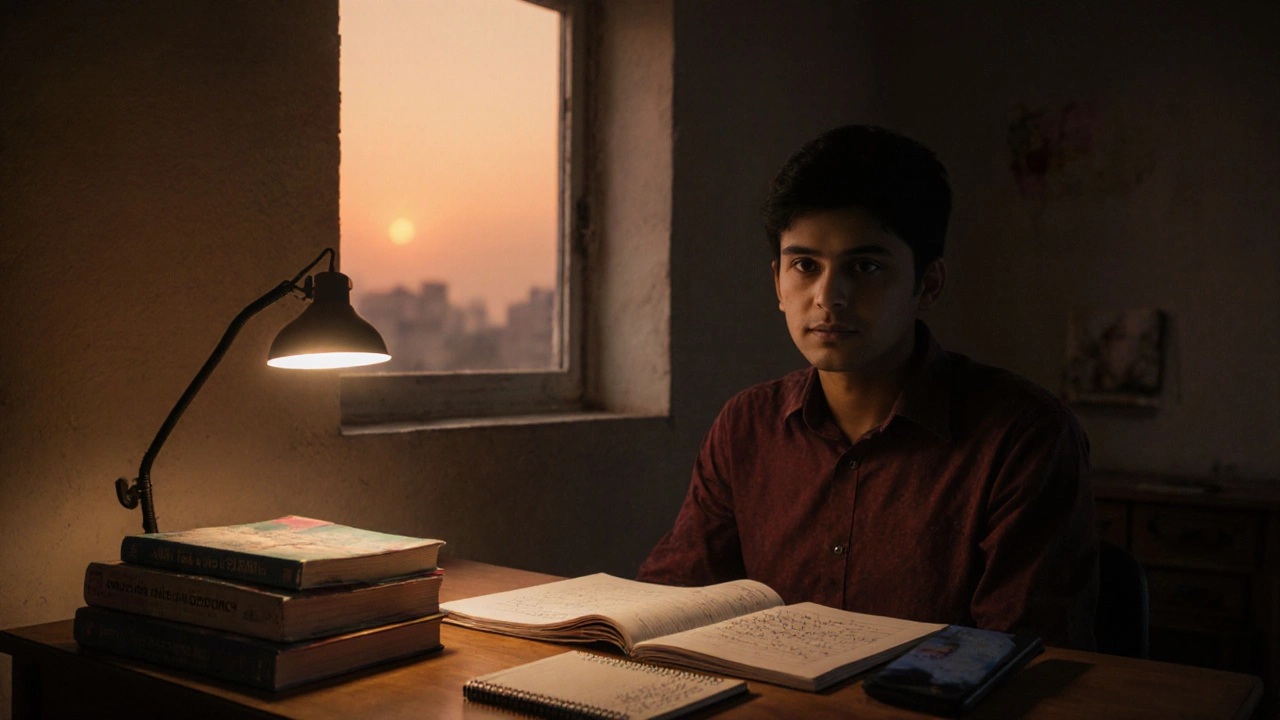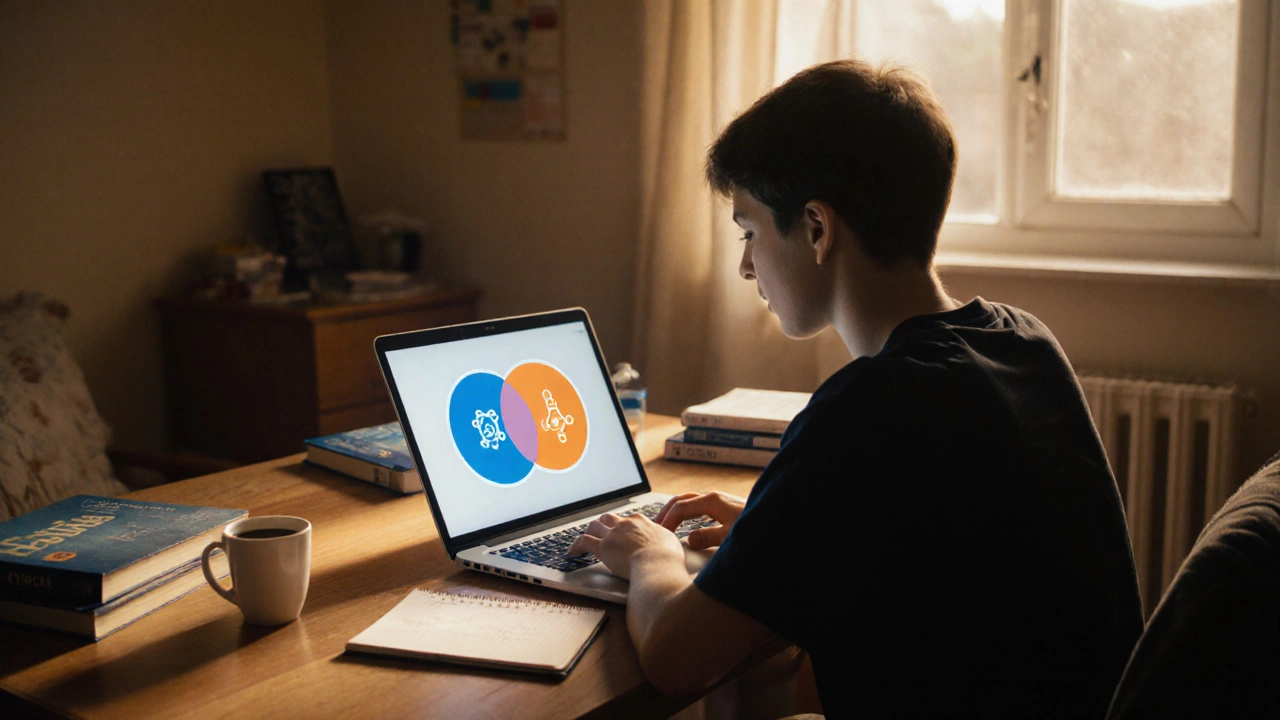Physics Wallah is everywhere these days. Open YouTube, scroll through Instagram, or chat with friends prepping for IIT JEE, and you can’t miss it. But does it actually deliver, or is it just all hype?
If money’s tight or you live far from any coaching hotspot, Physics Wallah probably caught your eye first because of its low fees. The price tag is a fraction of what you’d shell out for Kota coaching. Instead of draining your family’s savings, you get study material, video lectures, and doubt-solving all on your phone or laptop. Pretty tempting, right?
But let’s keep it real. Cheap or free resources don’t always equal better results. What matters is the teaching quality, the support you get, and how motivated you stay when there’s no one standing over your shoulder. You need to know: Are the teachers actually good? Do the lectures cover what really shows up in the JEE? How do students using PW actually do in the exam?
- What Makes Physics Wallah Stand Out?
- Downsides and Common Struggles
- How Does PW Stack Up Against Big Coaching Giants?
- Smart Tips to Maximize Your Prep with PW
What Makes Physics Wallah Stand Out?
If you look at the wave Physics Wallah created in the Physics Wallah online coaching space, the first thing that pops out is accessibility. Most batch courses cost between ₹3,000 to ₹5,000 for a year—that’s almost unheard of for serious JEE prep. Compare this to Kota institutes charging ₹1.5 to ₹2 lakh, and you see why so many students give PW a try.
The teacher lineup is no joke. Alakh Pandey—PW’s founder—became internet-famous for breaking tough concepts into easy stories. His YouTube channel alone exploded to over 12 million subscribers by late 2024. Other teachers, like Prateek Maheshwari and others, keep the same practical, crisp style. They won’t flood you with big words. Instead, you get straight-to-the-point lessons, relatable real-life connections, and examples you’ll actually remember on test day.
Study material is another strong point. Recorded lectures, live classes, weekly tests, and doubt sessions are all included. The “prayas” and “arjuna” batches, for example, follow a complete JEE syllabus. Tests match the exam’s real level—some students say PW’s papers even feel tougher, which can turn into an advantage if you stick with them.
Another huge plus is the doubt resolution. Unlike older YouTube-only setups, the PW app has a system where you can drop questions and get quick responses, often with a voice explanation or a short video. Not perfect, but definitely better than many free Telegram groups or random online forums.
- Affordable courses make quality JEE prep possible for a wider crowd.
- Popular, relatable teachers simplify topics without skipping basics.
- Comprehensive, up-to-date material, plus plenty of practice tests.
- Tech support makes it easy to revisit classes and clear doubts anytime.
Physics Wallah crushed the myth that only expensive coaching equals success. Now, even kids far from big cities, or those who can’t do offline classes, get a fair shot just by logging in.
Downsides and Common Struggles
Not everything about Physics Wallah is perfect, and it wouldn’t be fair to say it works for everyone. One of the biggest issues most students talk about is the self-discipline problem. Since most of the teaching is online, you’re pretty much on your own. Missing live classes? No one notices. Don’t solve assignments? No one’s chasing you. If you tend to slack off or get distracted by your phone, it’s tough to stay on track.
Another real struggle is with doubts. Sure, Physics Wallah offers doubt-solving groups and “Ask a Doubt” features, but response times can be hit or miss. During peak times, you might wait hours (sometimes days) for a reply, and sometimes the answers are too brief or not clear enough for tough JEE problems.
Here’s where things get tricky for non-Hindi speakers. A lot of content, especially older lectures and live sessions, are mostly in Hindi. They do have English batches now, but even then, the explanations may switch back and forth, which can get confusing if you’re not comfortable with both languages.
Physics Wallah’s study material is solid for the basics, but when you hit tough, high-level JEE Advanced questions, it can feel a bit incomplete. Some toppers who used PW said they had to grab extra reference books for the hardest topics, especially in advanced Physics and Maths. Also, the platform can feel a bit crowded—doubt groups in particular—with thousands of messages flying around, so even if you ask a good question, it could get buried fast.
If you look at last year’s numbers, over 70% of top JEE rankers came from traditional coaching institutes. According to a 2024 survey by Quora India (see table), most students at PW scored between 85 and 98 percentile, with fewer breaking into the 99+ percentile club compared to offline centers:
| Institute | Percentile 99+ | Percentile 95-99 | Percentile 85-95 |
|---|---|---|---|
| Physics Wallah | 12% | 34% | 44% |
| Kota Coaching | 27% | 40% | 28% |
Bottom line: Physics Wallah works, but you’ll run into issues if you expect everything to be spoon-fed. It needs extra discipline, fast habits for clearing doubts, and probably a mix of outside practice if you’re targeting those insane top JEE ranks.

How Does PW Stack Up Against Big Coaching Giants?
When people talk about JEE prep, names like Allen, FIITJEE, and Resonance come up immediately. These coaching centers have been around for years, with massive campuses in Kota and across India, full of teachers with fancy degrees and past toppers as alumni. So, where does Physics Wallah fit in this crowd?
Let’s hit the basics first. The biggest difference is the delivery. Big coaching institutes do face-to-face teaching, doubt sessions in person, and sometimes crazy-long study hours at their centers. PW is all online—app, YouTube, or web. The trade-off? Chill at home with no travel, but you might miss the group pressure that keeps some folks motivated.
If you’re looking at results, the big giants still have more JEE Advanced toppers. They’ve got decades of track record and, honestly, some pretty insane stats. For example, Allen claims over 45,000 selections in JEE Main 2024 alone. On the flip side, Physics Wallah is catching up, especially with students from non-metro towns. In 2024, around 30 PW students cracked JEE Main with ranks under 1000—a lot considering their first big batch was just a couple years ago.
Here’s a quick side-by-side to make it clearer:
| Big Coaching Giants | Physics Wallah | |
|---|---|---|
| Mode | Offline (mostly) | Online (mostly) |
| Fees | ₹1.5–4 lakh/year | ₹3,500–7,000/year |
| Faculty | Big teams, ex-IITians | Handpicked, some ex-Kota teachers |
| Toppers (JEE Advanced 2024) | Hundreds | Growing fast, but fewer |
| Doubt Support | In-person, one-on-one | Online chat, group sessions |
| Study Material | Printed, detailed | Online books/PDFs, condensed |
One thing that changes the game is accessibility. If you’re living in a small town or your family can’t afford high fees, Physics Wallah kind of levels the playing field. Everyone gets access to good lectures, not just kids in cities or those with big wallets.
Here’s what Dr. Nandita Singh, a career counselor who tracks JEE results, said about it:
“The biggest strength of Physics Wallah is democratizing access. Kota-style coaching is great if you can afford it, but now hundreds of students can compete from anywhere in India.”
But, don’t ignore the flipside—if you need in-person motivation or get easily distracted at home, old-school coaching may still be your best bet. Physical classes mean routine, and let’s be honest, a little peer pressure doesn’t hurt when you’re prepping for the toughest exam out there.
Bottom line? If you’re self-driven and disciplined, PW can absolutely work. But if you’re craving that group grind or want the personal touch and solid track record of the giants, traditional coaching still wins in some areas. Your call, but now you know what you’re really choosing between.
Smart Tips to Maximize Your Prep with PW
Jumping into the Physics Wallah (PW) ecosystem can feel a bit overwhelming at first, but the right approach can make all the difference. Here’s what works for students who actually see real improvement:
- Stick to a daily schedule. Treat PW’s classes like regular school. Block out certain hours for lectures and revision, and don’t let your routine slide just because you’re at home. Consistency is what gets results.
- Don’t ignore practice questions. PW drops a ton of questions with every chapter. Solve them as soon as you finish a video—don’t just watch passively. Time yourself if you can, especially when you tackle quizzes or mocks because JEE is about speed as much as accuracy.
- Use the app’s doubt engine. Stuck on a problem? Use their doubt feature immediately instead of letting questions stack up. The faster you clear your doubts, the better your understanding will be. Some students even keep a ‘doubt notebook’ to jot tricky stuff for weekly revision.
- Mix in extra sources for tough topics. PW is solid for basics and mid-level problems, but sometimes, JEE questions get brutal. If you keep getting stuck, check the official JEE previous year questions or try out reference books like HC Verma for physics, or Cengage for chemistry and math.
- Join the live sessions. Even if you usually watch recordings, try to join some live classes. You can ask direct questions in real time, and it helps you stay connected and motivated.
One more thing—take the PW test series seriously. They're as close to the real exam as possible, with similar patterns and question levels. Don’t just look at your score, though. Analyze every mistake and find where you keep tripping up. That’s how toppers do it: they keep refining until exam day.
The final tip—avoid the trap of comparing yourself with everyone on the app or in Telegram groups. Everyone moves at their own speed. Focus on your own progress, stick to your plan, and remember: the platform is a tool. How well it works depends on how you use it.



